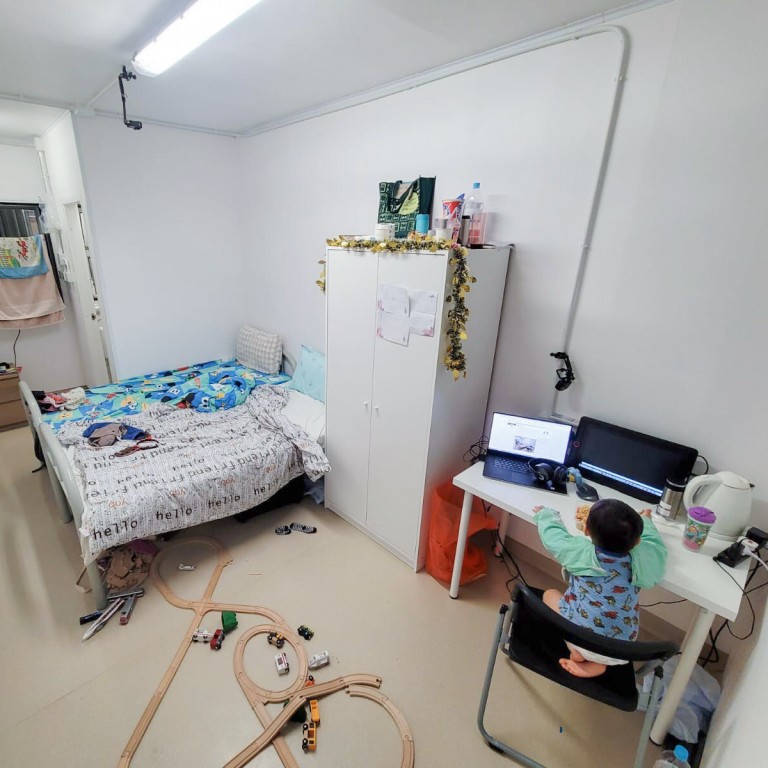
In Hong Kong, going into quarantine is more likely than catching Covid-19
- While we should be grateful for our efficient trace and test system, restrictions remain draconian
- Government quarantine facilities are particularly tough on children, especially those separated from parents
A year into the pandemic and in Hong Kong we are still at greater risk of being thrown into quarantine than getting Covid-19. Yes, it’s a first world problem and we should be grateful for our efficient trace and test system, but it does seem bizarre that the restrictions have become more draconian since we started our vaccine roll-out. Elsewhere in the world, governments have seen the increase in vaccination rates as a signal to ease off on restrictions. Not here.
If you live in Hong Kong and haven’t spent time in a government quarantine facility, you almost certainly know someone who has. Anyone who tests positive is sent to hospital while their close contacts go into quarantine for 14 days.

Other places – think Taiwan and New Zealand – have succeeded in maintaining zero local transmission with a 14-day border quarantine. If it were possible to still be incubating the virus and test negative after 14 days, wouldn’t Taiwan and New Zealand have seen outbreaks?
We are fortunate in Hong Kong and our trace and test system is efficient, but there’s room for more flexibility.

